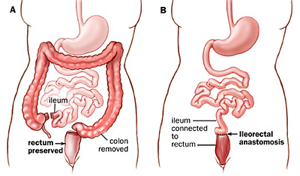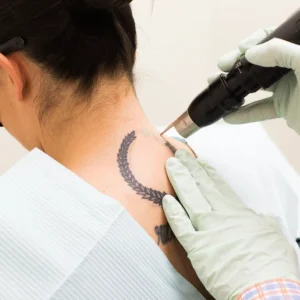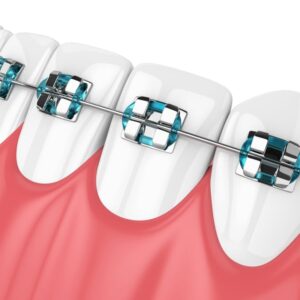Description
Functional neurosurgery is a specialized surgical approach that aims to improve or restore neurological function by modulating activity in specific brain regions. It targets disorders where the nervous system malfunctions, causing symptoms that don’t respond well to medication or other therapies.
Familiarity with Treatment:
Functional neurosurgery encompasses a variety of procedures, each with its own mechanism of action. Here are some common techniques:
- Deep Brain Stimulation (DBS): Electrodes are implanted in targeted areas of the brain, delivering small electrical pulses to regulate abnormal activity. Used for Parkinson’s disease, tremor, dystonia, and OCD.
- Radiofrequency ablation (RFA) or Laser interstitial thermal therapy (LITT): Tiny probes are inserted to create localized heat lesions, disrupting malfunctioning brain tissue. Used for tremors and epilepsy.
- Margectomy: A small portion of brain tissue is removed to interrupt abnormal electrical signals. Used for epilepsy and movement disorders.
- Corpus callosotomy: The corpus callosum, connecting the brain hemispheres, is partially severed to prevent seizure spread in some severe epilepsy cases.
- Vagus nerve stimulation (VNS): The vagus nerve in the neck is stimulated electrically to influence brain activity. Used for epilepsy and treatment-resistant depression.
Who is it Suitable for?
Functional neurosurgery is considered for patients with chronic neurological disorders who experience significant functional limitations despite optimal medical management. Some examples include:
- Parkinson’s disease (tremor, rigidity, bradykinesia)
- Essential tremor
- Dystonia (involuntary muscle contractions)
- Obsessive-compulsive disorder (OCD)
- Epilepsy (intractable cases)
- Chronic pain (complex regional pain syndrome)
Who is it Not Suitable for?
Functional neurosurgery may not be suitable for everyone. Here are some reasons why:
- Uncertain diagnosis: A clear understanding of the underlying condition and seizure focus is crucial for successful surgery.
- Severe medical conditions: Preexisting health problems that increase surgical risk can be a deterrent.
- Psychological factors: Realistic expectations and a strong support system are essential for coping with the surgery and potential side effects.
Advantages:
- Improved function and quality of life: For successful cases, functional neurosurgery can significantly improve symptoms and daily activities.
- Minimally invasive options: Many procedures are minimally invasive, leading to faster recovery times.
- Reversible or adjustable: Some techniques like DBS allow for adjustments or reversibility if needed.
Complications:
- Infection: As with any surgery, there’s a risk of infection at the implant site.
- Bleeding: Bleeding in the brain can occur during or after surgery, though uncommon.
- Hardware malfunction: Electrodes or implanted devices might malfunction and require replacement.
- Stimulation-induced side effects: Electrical stimulation can cause temporary side effects like tingling, speech problems, or balance issues.
- Cognitive impairment: Depending on the location of surgery, there might be some memory or cognitive difficulties.
Previous Care:
A thorough evaluation precedes surgery to determine candidacy and target the most appropriate procedure. This may involve:
- Imaging tests (MRI): To identify abnormalities in the brain structure.
- Electroencephalogram (EEG): To record brain activity and pinpoint the seizure focus for epilepsy.
- Neuropsychological testing: To assess cognitive function before surgery.
- Trial procedures: Temporary implants may be used to assess the effectiveness of stimulation for DBS.
Postoperative Care:
The recovery time varies depending on the procedure. Patients are monitored closely for complications. Follow-up appointments are essential for adjusting stimulation parameters or addressing any side effects.
Additional Points:
- Functional neurosurgery is a rapidly evolving field with ongoing research on new techniques and targets.
- Choosing an experienced surgeon and a comprehensive epilepsy center is crucial for optimal outcomes.
- Open communication with your doctor about risks, benefits, and expectations is essential for making informed decisions.
Further Resources:
- American Association of Neurological Surgeons https://www.aans.org/
- The Michael J. Fox Foundation for Parkinson’s Research https://www.michaeljfox.org/
- National Institute of Neurological Disorders and Stroke https://www.ninds.nih.gov/






Reviews
There are no reviews yet.